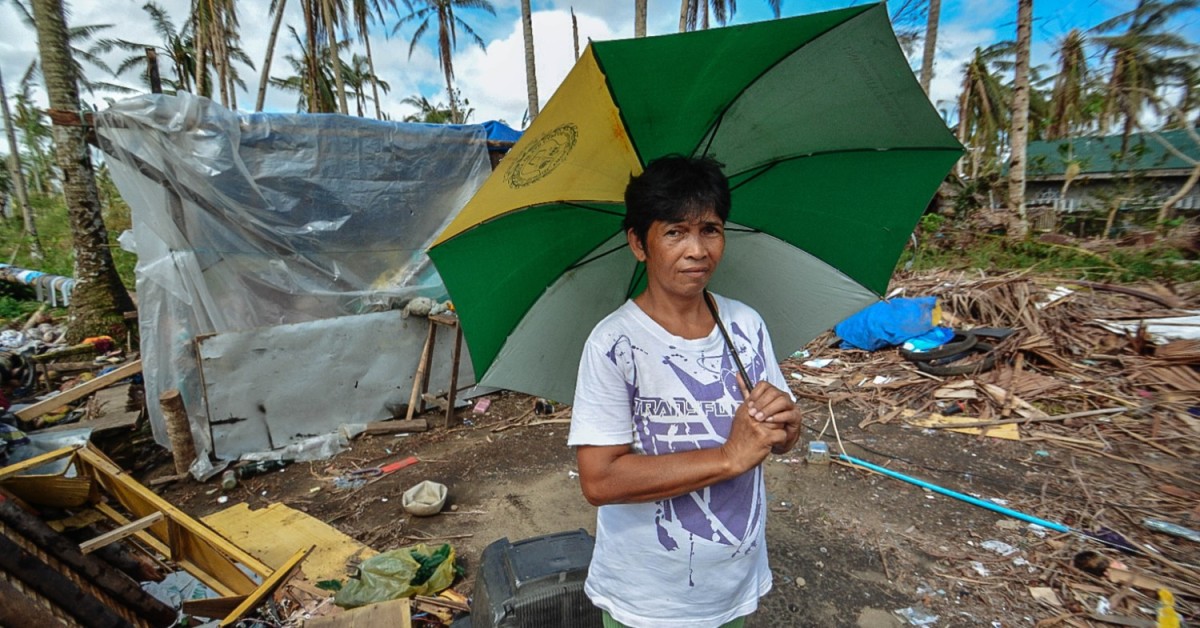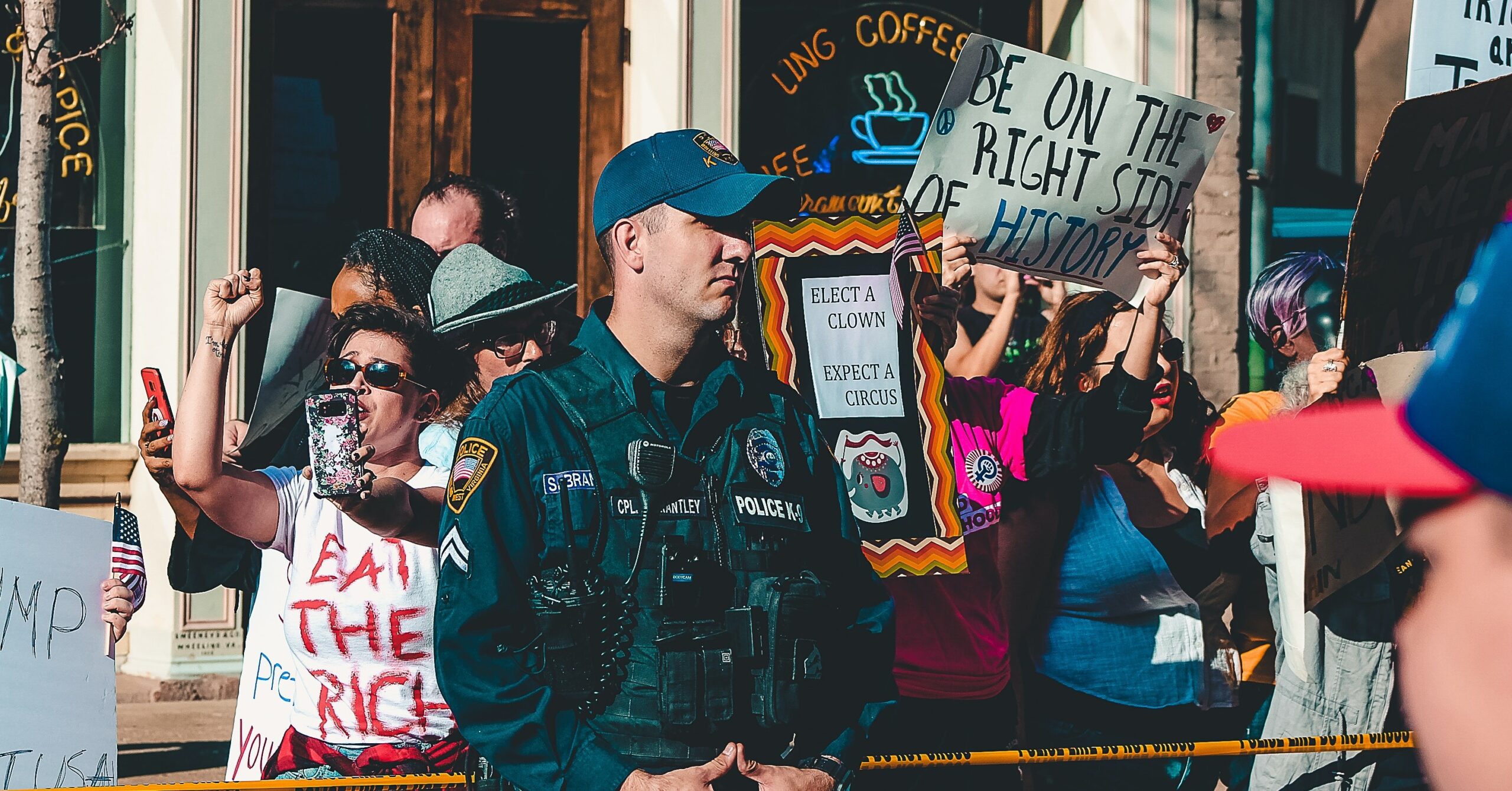
How to Become a Domestic Violence Advocate or Counselor
Domestic violence call centers in the US field 20,000 calls [...]

Crime and disaster victims predictably suffer short and long-term trauma. They must manage the fear, grief, anger, depression, and even guilt precipitated by their triggering event. On top of this, they often need to deal with red tape and the legal process, medical bills from physical injuries, missed work, and other issues arising from the trauma of victimization.
Victim advocacy is an essential field. If you’re driven by the idea of helping crime victims survive and thrive, deal with the fallout of their trauma, find justice and closure, and return to living their lives, consider becoming a victim advocate.
This article discusses how to become a victim advocate by addressing the following:
Victim advocates assist crime victims as they navigate the criminal justice system, from interacting with the police to completing mandatory paperwork to testifying in court. They may also assist in providing or procuring other vital support services, which may include:
Victim advocates work with victims of a broad range of crimes and disasters, including:
Many victim advocates (about 43 percent) work for government agencies such as:
Others (about 45 percent) work for nonprofit organizations (shelters, rape crisis centers, religious organizations), hospitals, or private attorneys. What victim advocates do more precisely depends on the job description for their specific role. Do they work with a particular population (e.g., the elderly, domestic abuse victims, substance abusers)? Do they provide case management services, mental health counseling, or both? Does their job involve abetting a criminal investigation, as it might if they work for a police department or prosecutor’s office?
A victim advocate’s first task in any role is typically to connect with the victim. The advocate will first address the victim’s immediate needs: emergency medical treatment, rape kits (in the case of sexual assault), and physical safety are priorities. A victim advocate ensures the victim has a safe place to go, with access to basic amenities, including food, water, transportation, and a telephone.
If the victim aggressor is still free, the victim advocate may work with the victim to create a safety plan, outlining a plan of action if the victim comes into contact with the aggressor again. If necessary, the advocate will assist in securing a restraining order and navigating the legal system. This can include educating the victim of their legal rights, helping with paperwork, accompanying the victim to court, mediating any questioning or other encounters with law enforcement, and generally providing comfort and support throughout the legal process.
Finally, the victim advocate can help a victim find his or her feet again; if the victim suffered a loss of work as a result of the crime, the advocate can assist with resume and job search help. The advocate can arrange new housing or find a mental health counselor or support group to deal with the aftermath of victimization.
Regardless of the specifics, the work can be extraordinarily stressful. Advocates regularly confront the worst of human behavior, sometimes face-to-face. Victim advocates need the psychological fortitude to endure these encounters and the self-care skills required to disconnect and recharge. It’s also necessary for an effective victim advocate to be kind, patient, understanding, and gentle, as many victims are reluctant to trust strangers. They need to be comfortable interacting with others and have good communication skills. Finally, they must be willing to accept a fluid work environment. Victim advocate’s travel from place to place and work late or unusual hours to accommodate their clients’ needs.
Victim advocates sometimes work with people other than victims. They may lead trainings for police, court personnel, healthcare professionals, and others who regularly interact with victims. Some lobby politicians and other policymakers to improve law and public policy and some reach out to foundations and other organizations to raise money for victim advocacy nonprofits.
| University and Program Name | Learn More |
|
Merrimack College:
Master of Science in Clinical Mental Health Counseling
|
|
|
Virginia Commonwealth University:
Online Master of Social Work
|
It is possible to qualify for at least some victim advocate jobs with a two-year associate’s degree, preferably in criminal justice, psychology, social work, victimology, or a related field. You will qualify for substantially more positions with a bachelor’s degree in one of these fields. A master’s degree in social work (MSW) will permit you to provide clinical treatment, such as psychological counseling.
The National Organization for Victim Assistance (NOVA) recommends specific victim advocacy training beyond what is taught in a social work degree, but most such training is optional. Individual employers may require such training at their discretion. Additional training will almost always improve your career options and hireability.
There are no national or state licenses or certifications required to practice victim advocacy. Many states do require victim advocates to complete at least forty hours of field-specific training within six months of employment. Many will not seriously consider candidates who have not amassed significant field experience (at least a year) through volunteer work and internships.
Certifications and training can never hurt, and they typically improve your chances at getting any job. Certifications and training not only demonstrate advanced expertise but also indicate your commitment to the profession. The National Organization for Victim Assistance (NOVA) offers various certifications through the National Advocate Credentialing Program (NACP) (for civilians) and the Department of Defense Seual Assault Advocate Certification Program (D-SAACP) (for military personnel). These credentialing programs are voluntary/ They generally involves at least forty hours of training; maintaining credentialed status also requires ongoing education.
Most states offer one or more victim assistance training programs; the NACP maintains a list of them on its website. Many universities offer certificate or training programs:
According to Glassdoor, victim advocates earn an average salary of $48,716. Starting salaries average around $42,000; those with ten or more years experience earn, on average, $53,548. PayScale data are less encouraging: according to the employment website, victims advocates earn a median salary of just over $36,000. Starting salaries range around $34,000; late-career victim advocates average $42,000 a year.
The Bureau of Labor Statistics reports income data for social workers in aggregate. According to the BLS, the average social worker earns $50,470 per year; mental health social workers—a group that can include victim advocates—do a little better, earning $51,670 annually. Mental health social workers employed by local government agencies earn, on average, $57,050 per year.
According to PayScale, the average annual income for victim advocates in specific cities are:
If a social work career advocating for others appeals to others, you may want to also consider a career as a domestic violence counselor, a crisis counselor, a military social worker, or a school counselor. All of these professions involve providing material and emotional support to people in need of assistance.
This article was originally published in 2018. It has been updated to reflect the most recent data on the subject.
(Last Updated on February 26, 2024)
Questions or feedback? Email editor@noodle.com

Domestic violence call centers in the US field 20,000 calls [...]

You'll find disaster response social work jobs with a number [...]

A series of high-profile tragedies have citizens seeking alternatives to [...]

Social work memes highlight that the profession is deeply challenging, [...]

Social work podcasts are an effective way for social work [...]
Categorized as: Counseling, Social Work, Social Work & Counseling & Psychology